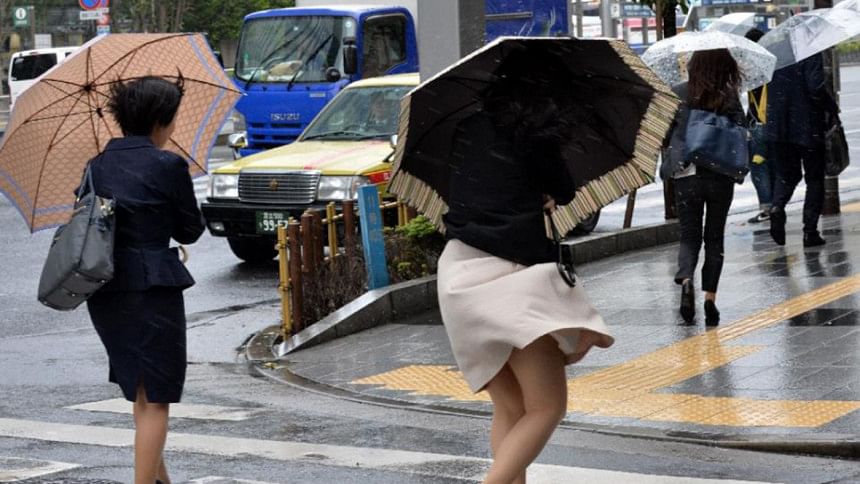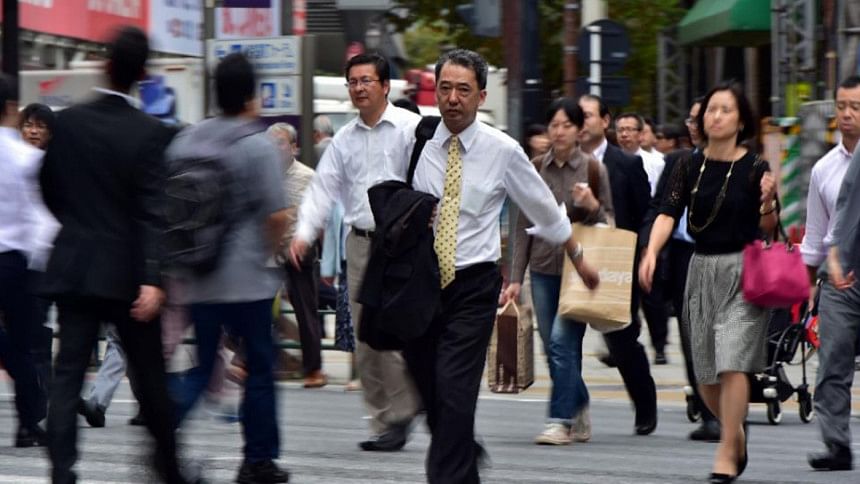One-third of Japanese working women sexually harassed: survey

One-third of Japanese working women have experienced sexual harassment at their place of employment, though nearly two-thirds of these women suffer in silence, a survey has showed.
The results of the first-of-its-kind study commissioned by Japan's Ministry of Health, Labour and Welfare, came as Prime Minister Shinzo Abe has pledged to support working women to kickstart the country's struggling economy.
Economists have said for years that Japan needs to make better use of its well-educated but underemployed women, which could go a long way toward plugging the country's labour gap as the country faces an ageing and declining population.
The written survey questioned women currently and previously employed, both full and part time, from the ages of 25 to 44 throughout the nation and received some 10,000 responses.
It was conducted over a three-week period in September and October last year.
Some 30 percent in total said they experienced sexual harassment at work, according to the results, released on Tuesday.
Among those fully employed, the figure was slightly higher at about 35 percent.

More than half of the total who experienced sexual harassment complained that their appearance, age and physical features were subject to casual comments, mostly by male co-workers. A total of 40 percent said they were physically touched in unpleasant ways.
The survey also showed that 38 percent said they were subject to comments or were asked questions of a sexual nature.
In more serious cases, some said they were relentlessly asked out or were pressed with demands to have sexual relations.
But more than 63 percent said they reluctantly remained silent about the abuse, though the survey did not offer any reasons why.
And about one in 10 who did complain, however, said they were treated unfairly for speaking up, such as being demoted.
In speech after speech, Abe has urged the country to open up to "womenomics", encouraging some of Japan's biggest firms -- including Toyota, Panasonic and All Nippon Airways -- to announce targets for boosting the number of female executives.
While women are well represented in poorly-paid, part-time work, only a fraction of executives at 3,600 listed companies are female.
Japan was ranked 101 out of 145 in the Global Gender Gap Index 2015, released by World Economic Forum, lower than Suriname and Azerbaijan.

 For all latest news, follow The Daily Star's Google News channel.
For all latest news, follow The Daily Star's Google News channel. 







Comments